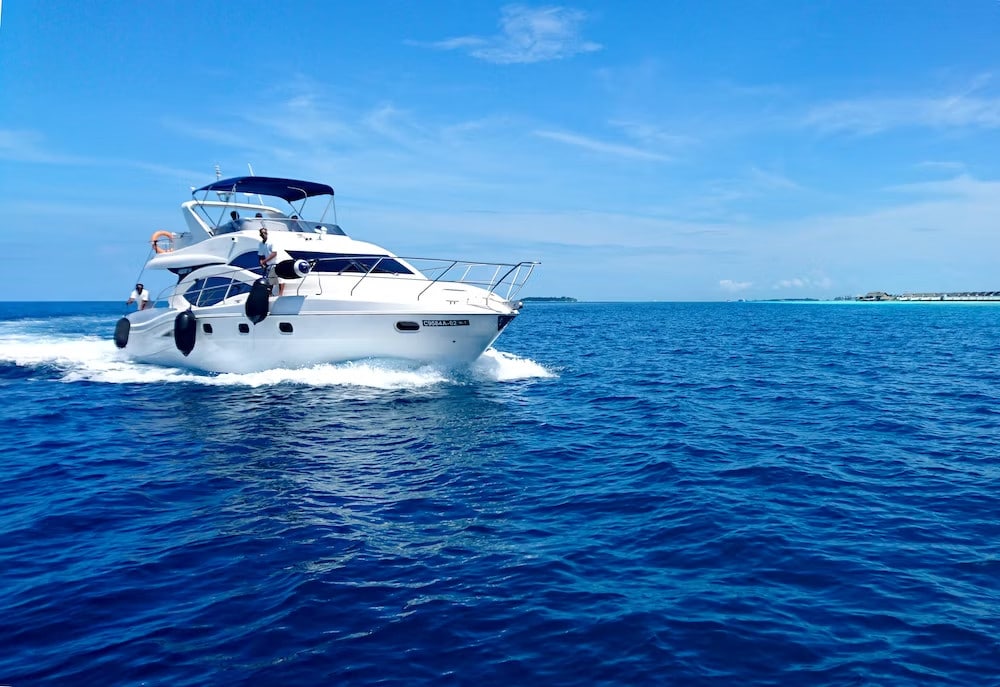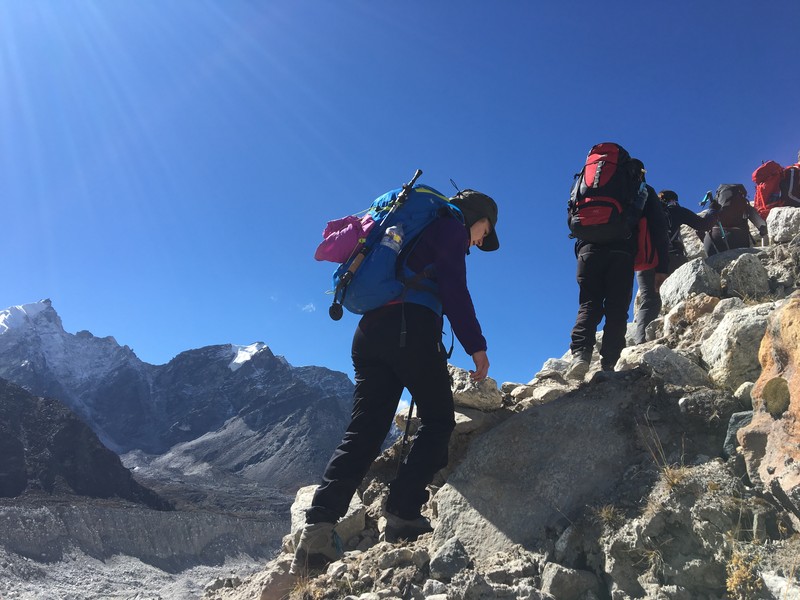Visa requirements for your trip to Mongolia vary depending on your nationality and the purpose and duration of your visit. Here’s what you need to know about visa requirements for a trip to Mongolia:
- Visa-Free Countries: Citizens of certain countries are exempt from visa requirements for short stays in Mongolia. These countries include the United States, Canada, the European Union member states, Australia, New Zealand, Japan, South Korea, and many others. Travelers from these countries can stay in Mongolia visa-free for up to 30 days.
- Visa-on-Arrival: Some nationalities are eligible for a visa-on-arrival at Chinggis Khaan International Airport in Ulaanbaatar. This option is available for travelers from countries such as the United States, Canada, the United Kingdom, Germany, France, and many others. The visa-on-arrival allows travelers to stay in Mongolia for up to 30 days.
- Tourist Visa: If you are not eligible for visa-free entry or a visa-on-arrival, you will need to apply for a tourist visa at a Mongolian embassy or consulate in your home country. Tourist visas are typically issued for stays of up to 30 days and can be extended for an additional 30 days once you are in Mongolia.
- Requirements for Visa Application: When applying for a tourist visa, you will typically need to provide the following documents:
- Completed visa application form
- Passport with at least six months’ validity
- Passport-size photo
- Proof of onward travel (such as a return ticket)
- Proof of accommodation in Mongolia (such as a hotel reservation)
- Visa fee
- Visa Extensions: If you wish to stay in Mongolia for longer than the duration of your visa, you can apply for a visa extension at the Mongolian Immigration Agency in Ulaanbaatar. Visa extensions are typically granted for an additional 30 days and must be applied for at least seven days before your current visa expires.
- Work and Business Visas: If you are planning to work or conduct business in Mongolia, you will need to apply for a work or business visa. These visas have different requirements and may require additional documentation, such as a letter of invitation from a Mongolian company or organization.
- Travel Restrictions: It’s essential to check the latest travel restrictions and entry requirements for Mongolia, as they may change due to the COVID-19 pandemic or other factors. Be sure to consult the website of the Mongolian embassy or consulate in your home country for the most up-to-date information on visa requirements and entry regulations.
What Do You Need to Know About Cultural Etiquette When Traveling Mongolia?
When traveling in Mongolia, it’s important to be aware of and respectful of the local customs and cultural etiquette. Here are some cultural etiquette tips to keep in mind:
- Greetings: Mongolians are known for their hospitality, and greetings are an important part of social interaction. When meeting someone for the first time, it’s customary to shake hands and say “Sain bainuu?” (How are you?). When entering someone’s home or ger (yurt), it’s polite to greet the host with a handshake and a smile.
- Addressing People: In Mongolia, it’s customary to address people by their first name followed by their patronymic (the name of their father) and then their last name. For example, “Batbold Jargalsaikhan” would be “Batbold, son of Jargalsaikhan.” If you’re unsure of someone’s name, it’s polite to use their title and last name.
- Respect for Elders: Respect for elders is an important cultural value in Mongolia. When speaking to someone older than you, it’s customary to use polite language and show deference and respect. Avoid using their first name without their permission, and always address them with their title and last name.
- Gift Giving: Gift giving is a common practice in Mongolia and is a way to show respect and gratitude. When visiting someone’s home or ger, it’s customary to bring a small gift such as food, drink, or sweets. Gifts should be given and received with both hands, and it’s polite to express your gratitude when receiving a gift.
- Dining Etiquette: When dining in Mongolia, it’s customary to wait for the host to begin eating before you start. It’s also polite to try a bit of everything that is offered to you and to finish everything on your plate. When finished eating, place your utensils parallel to each other on your plate to indicate that you are done.
- Respect for Customs and Traditions: Mongolia has a rich cultural heritage, and it’s important to show respect for local customs and traditions. When visiting monasteries or other religious sites, dress modestly and remove your shoes before entering. When interacting with locals, be respectful of their customs and traditions, and avoid behaviors that may be considered rude or offensive.
By being aware of and respectful of local customs and cultural etiquette, you can help ensure a positive and rewarding travel experience in Mongolia.




